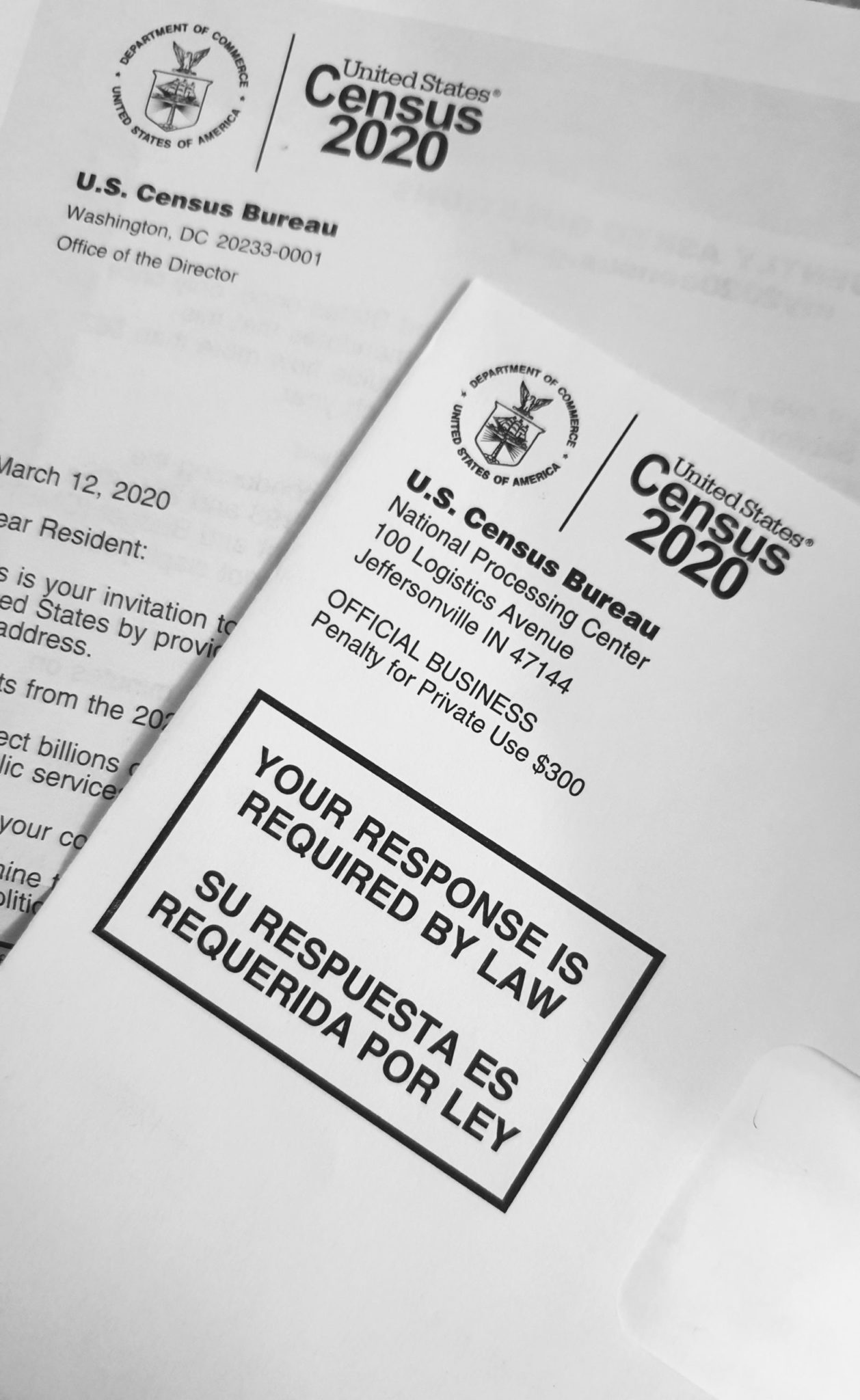
While most Yale College students are away from campus, the University, undergraduate organizations and New Haven officials are encouraging Yalies to fill out the 2020 Census as Elm City residents.
The U.S. Census tracks the demographics of the United States based on where people usually live as of April 1, 2020. But the coronavirus outbreak has forced many undergraduates out of their typical spring-term places of residence. Still, undergraduate organizations and Dean of Student Engagement Burgwell Howard are encouraging Yale students to fill out the Census and note New Haven as their permanent residence. According to Howard, such a decision helps the city qualify for additional funding and resources necessary to support students’ residency.
“Yale students contribute to the City of New Haven in many, many ways, but we are also the consumer of city services,” Howard wrote in an email to the News. “So, when we contribute to the census, the city and the federal government have an accurate count of the population and how best to apportion the resources that are available to segments of the community and have a case with the state, for other needed resources.”
According to an email sent out by the Yale Votes Coalition and Howard, Yale aims to get 100 percent of the Yale community to be counted in New Haven in the 2020 Census. As per the instructions in the email, Yale students — regardless of citizenship or immigration status — should fill out the Census separately from their families and indicate that they spend the majority of their time in New Haven. They also advised that students use the on-campus address of their residential college, Old Campus dorm or their off-campus address if they live in buildings Yale does not own.
Every 10 years, the Constitution mandates that the United States conducts a count of everyone living in the United States and the five U.S. territories. This year will mark the 24th time the national census has been taken since its conception in 1790. In New Haven, census data is used to allocate federal funding for critical programs that impact health care, education, housing, infrastructure and employment.
The data from the Census helps provide federal, state and local governments with demographic information regarding their residents. As a result, the statistics affect the allocation of billions of dollars of federal funding, informs the drawing of congressional and state legislative districts and impacts the number of seats each state has in the U.S. House of Representatives. People can respond to the 2020 Census online, by phone or by mail, and as stated on the United States 2020 Census website, the Census Bureau is required by law to protect your answers.
According to Howard, undercounting in the Census could have especially negative impacts on students from diverse demographic and socioeconomic backgrounds, as well as first-generation students. Howard added that “given that those populations continue to grow here at Yale,” he believes that it is important that they are reflected in the profile of the city.
“While it might seem small, filling out the Census is probably the most important thing that a Yale student can do for the New Haven community in their college career,” said Jonathan Schwartz ’21, one of the leaders of the Yale Census Coalition. “And that is because each person who fills out the Census will secure thousands of dollars for the city.”
New Haven’s Complete Count is an organization that aims to ensure that everyone is counted in the upcoming Census, which according to Program Manager Karolina Ksiazek ’15 will help the city receive necessary funds. cq
According to Ksiazek, the city will receive about $2,900 of federal funding every year for every person counted in the upcoming census.
“The next 10 years of funding for critical programs in New Haven depends on everybody who usually lives here being counted — including college students that have left the city due to COVID-19,” Ksiazek wrote in an email to the News. “Even in years where there is not a pandemic, urban centers like New Haven are undercounted, while more affluent suburbs tend to be overcounted.
Both Schwartz and Ksiazek said that need arising from the current pandemic has demonstrated the value of funding local governments and nonprofit organizations, which have helped individuals amid this economic and health crisis. Currently, New Haven is deploying a massive amount of resources to meet the challenges posed by the pandemic.
According to Schwartz, filling out the Census is a little thing everyone can do to fulfill their civic duty. He added that in a time when many people feel frustrated yet cannot physically volunteer in the city of New Haven, filling out the census is one way to aid the community.
“Taking a few minutes to fill out the census both supports the city of New Haven and is part of our responsibilities as care-takers of American democracy, whether we are citizens or not,” said Schwartz.
The newly published Yale Votes website has further instructions on how to fill out the Census, as well as information on voting and other democracy-related inquiries.
Julia Bialek | julia.bialek@yale.edu







